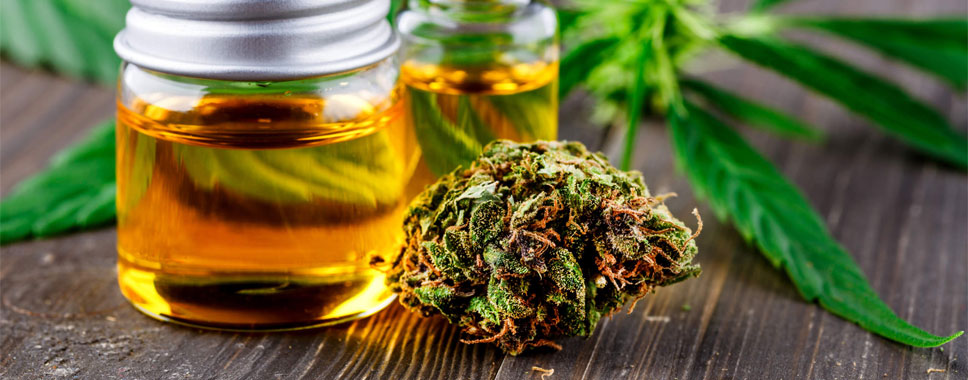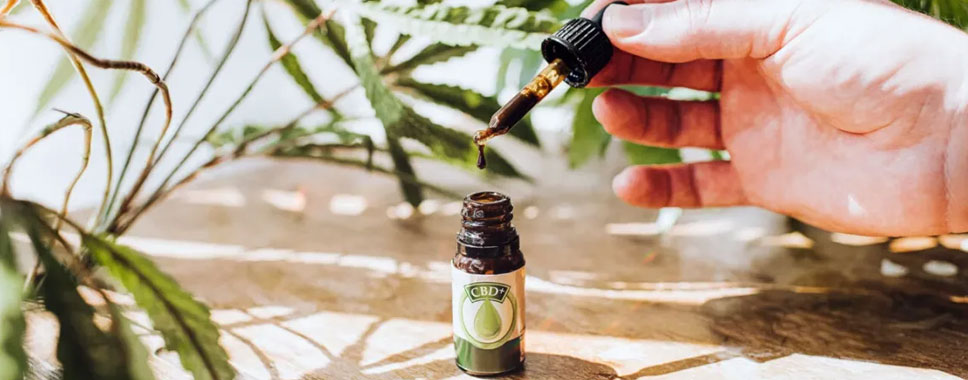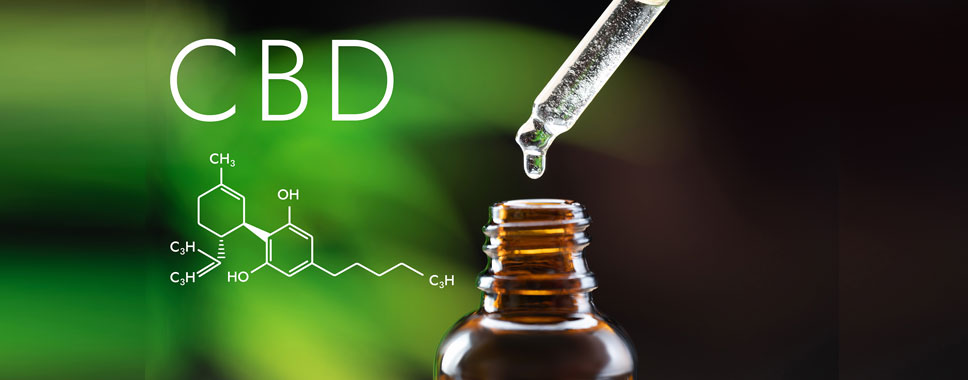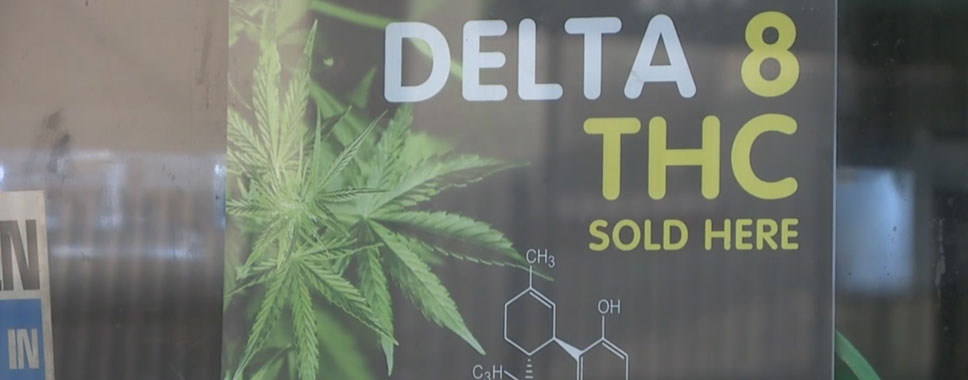The legalization of hemp across the United States through the Agricultural Act of 2018 had the consequential effect of legalizing hemp-derived products, including cannabidiol (CBD), in Texas and other states. However, one specific hemp-derived product, known as delta-8, has become a subject of intense debate. The controversy arises not only from its synthetic derivation from hemp but also due to its intoxicating properties, which set it apart from CBD. While a legislator strives to impose a ban on delta-8 in Texas, veterans are steadfastly fighting back.
State Senator Charles Perry, representing Lubbock as a Republican, has been a driving force behind the proposed ban on delta-8 in Texas. In 2021, he introduced a bill that aimed to entirely remove delta-8 products from the market. Although the bill passed the Senate with amendments, it ultimately failed to gain approval from the House. Undeterred, Perry intends to reintroduce the issue with Senate Bill 264 this year.
Texas veterans adamantly assert that such a ban would lead to disastrous consequences. With a population of close to 1.5 million veterans, the majority of whom rely on prescription drugs to manage conditions like PTSD, depression, chronic pain, traumatic brain injuries, and other chronic ailments, the stakes are high. One Texas-based veteran, Dave Walden, turned to cannabis when approximately thirty prescription drugs, including opioids, proved ineffective in managing his condition. These pharmaceuticals not only had numerous side effects but also rendered him in a state of numbness.
Another veteran, David Bass, recounts resorting to illicit cannabis use when he could no longer endure the adverse effects of prescription pills prescribed by the Department of Veterans Affairs.
Bass now advocates for other veterans to gain access to medical marijuana through the nonprofit organization NORML-Texas chapter. According to Bass, the attempts by Senator Perry to eliminate the delta-8 market will yield unintended and severe consequences.

 hempcentral
hempcentral 


Comments